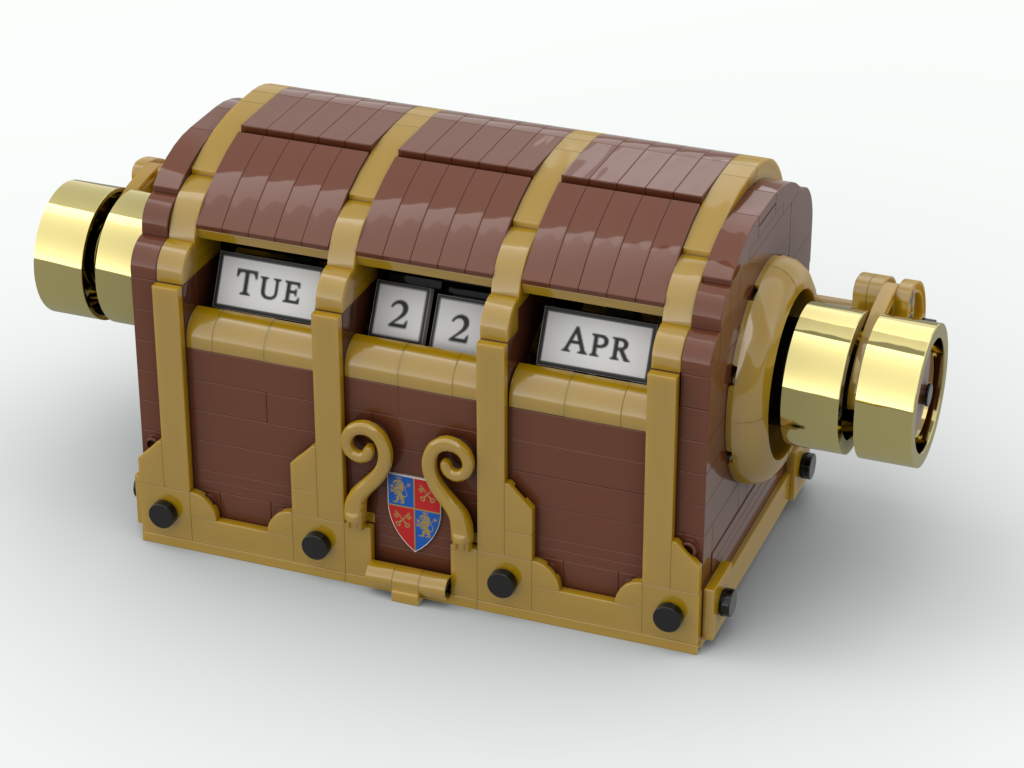
Antique Desktop Calendar
Embracing LEGO Technic
When I saw a job listing seeking a LEGO Designer with a focus on functions, I knew it was time to challenge myself in an area I hadn’t explored yet—Technic. Functional building had always seemed a bit out of reach, but the opportunity inspired me to take the leap. I began by trying to find a suitable prompt: something grounded in everyday life, meaningful enough to justify the complexity of a function, and manageable for my current skill set. Eventually, I landed on a retro desk calendar, something tactile and analog in a world that’s increasingly digital.
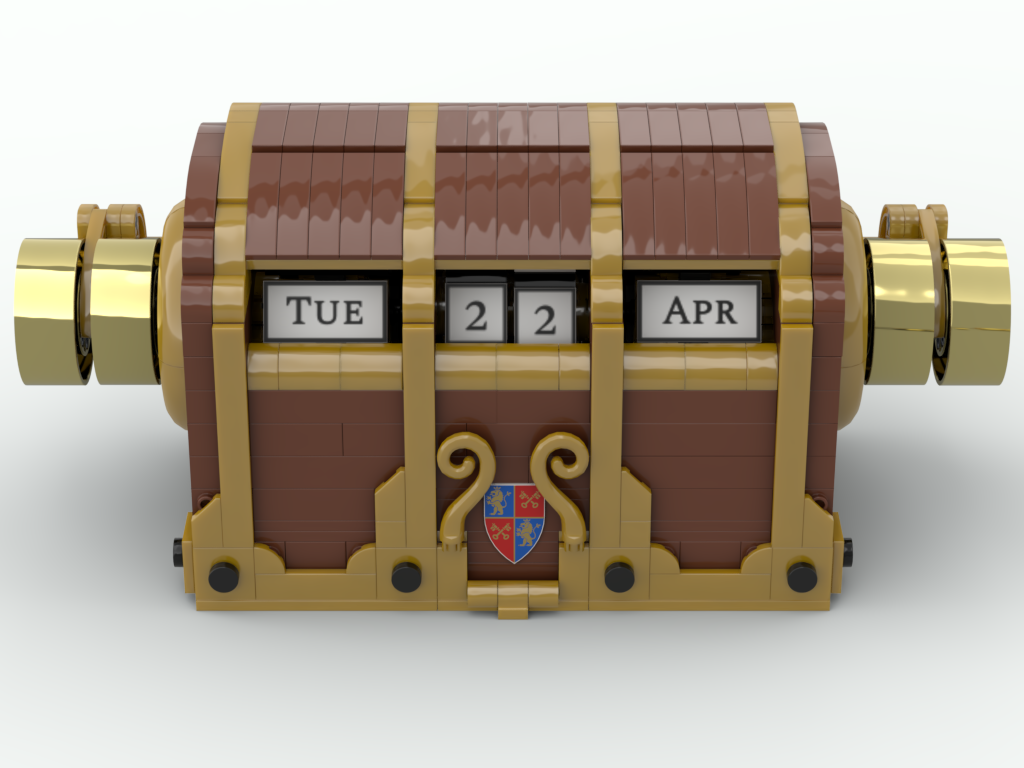
Designing with Purpose and Personality
The inspiration came from a desire to reconnect with slower, more grounded forms of interaction. Unlike digital calendars, which lacks tangibility, this concept encourages physical presence through simple, hands-on engagement. As I built, I found myself leaning into a vintage aesthetic. The rounded top that formed the calendar frame reminded me of ornate, brass-bound chests, and I developed the rest of the look from there. It eventually took on an antique, almost nautical personality, complete with a custom coat of arms that felt like something from LEGO’s own lore.
Solving Function Within Digital Constraints
The core mechanical challenge was fitting all the rotating calendar functions onto a single axle. I achieved this by inverting the control scheme: knobs on the outer side control inner functions, while those closer to the box, control inner components. It’s not the most intuitive setup, but it worked within the limitations I was facing. Since I was designing digitally, I couldn’t test the build physically, so I relied on structural logic and digital tools to simulate resistance and friction. For instance, I used pin connectors in sockets to create turning resistance on one knob, and a ball joint on another for the same purpose.
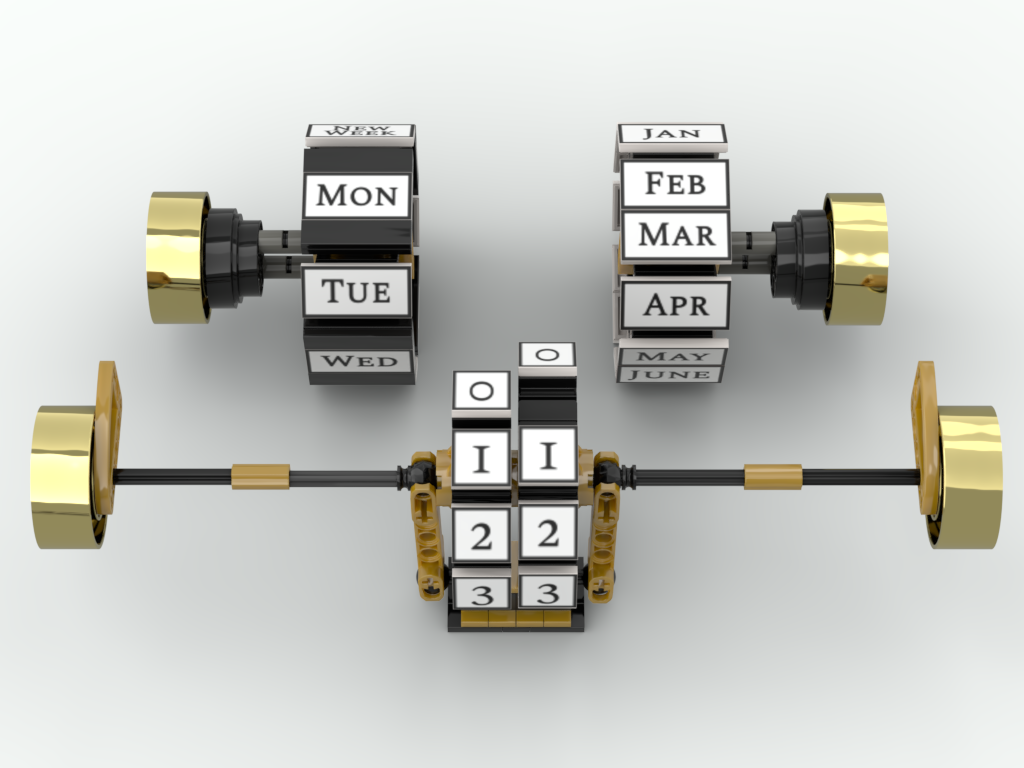
Thinking Ahead
As I considered how this design might resonate with different audiences, I have began sketching a more modern version, something sleek and fashionable for a contemporary desk, and I will update this post when it comes around. The internal mechanism would remain the same, but the exterior casing would shift: maybe with tighter contours, minimalist lines, or decorative legs. This project has helped me grow not only as a functional builder but as a designer who thinks about user interaction, aesthetics, and target audience. It gave me the confidence to explore Technic further. and made me excited about what’s possible when storytelling and mechanics meet.
Gallery
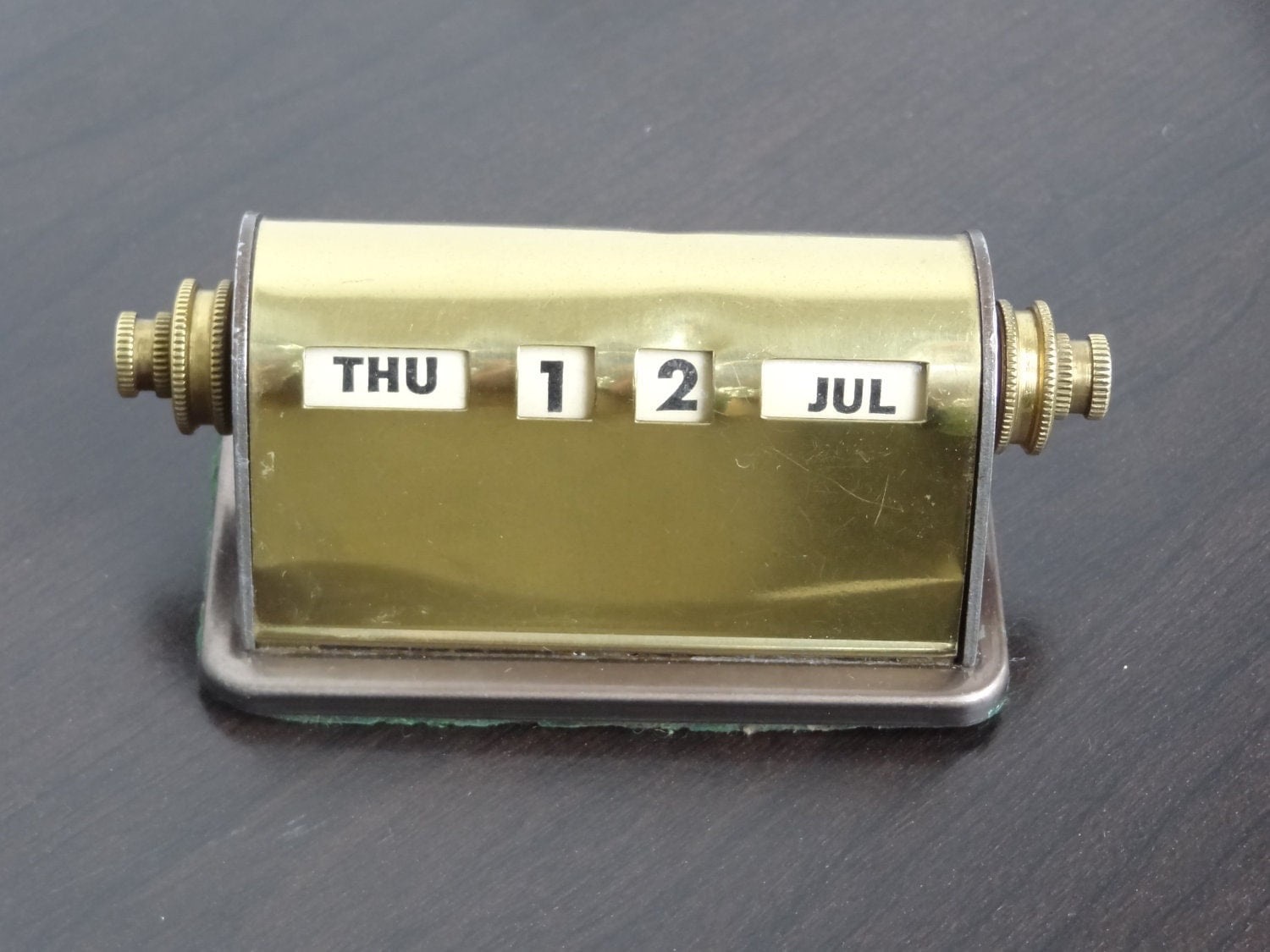
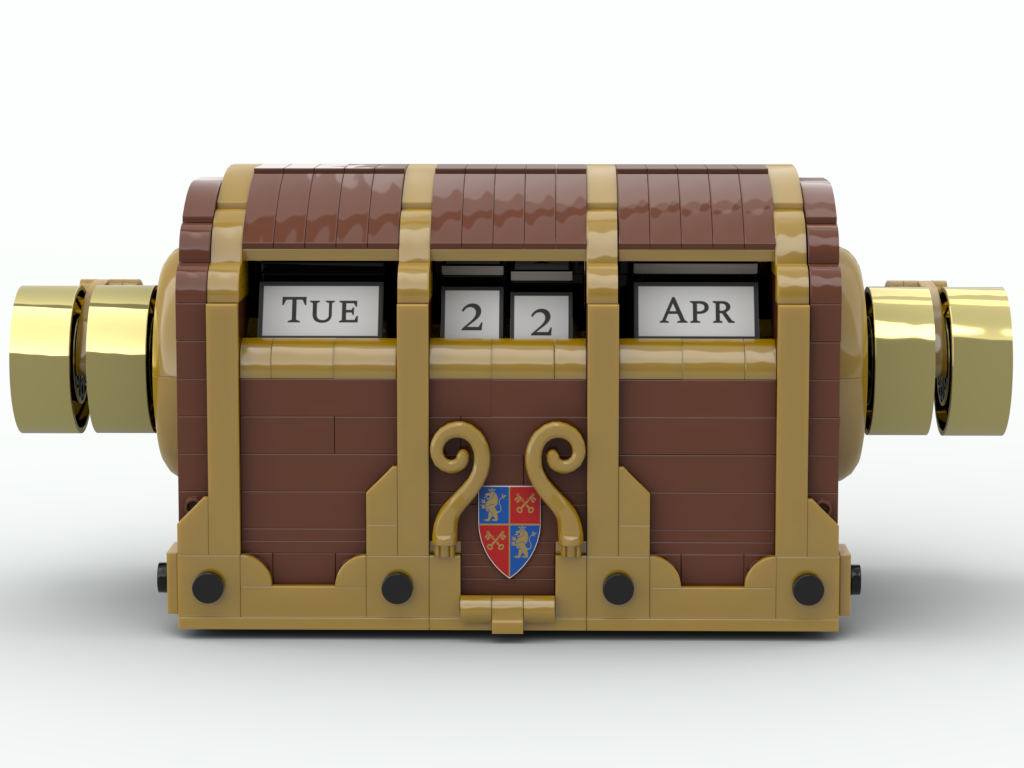
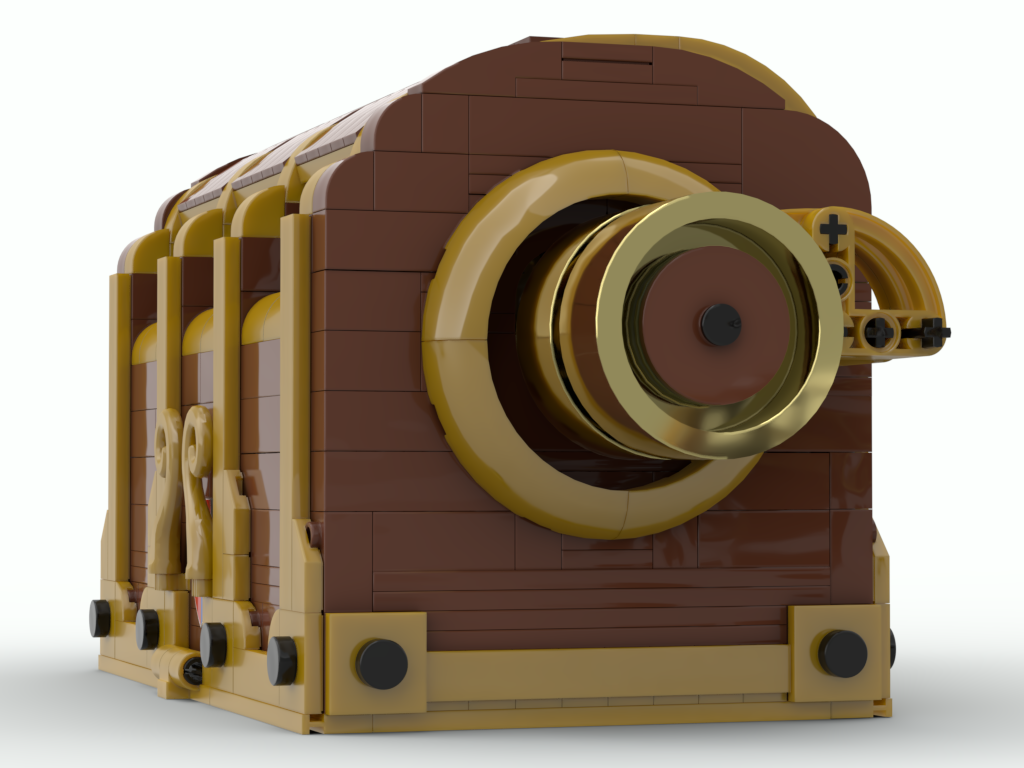
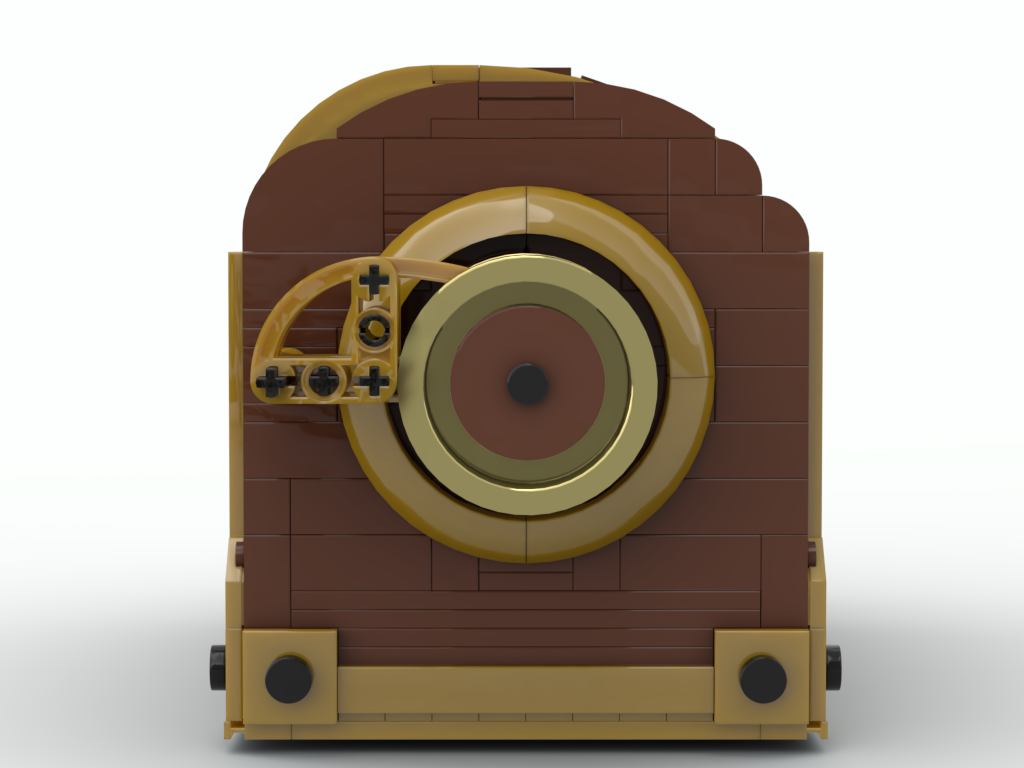
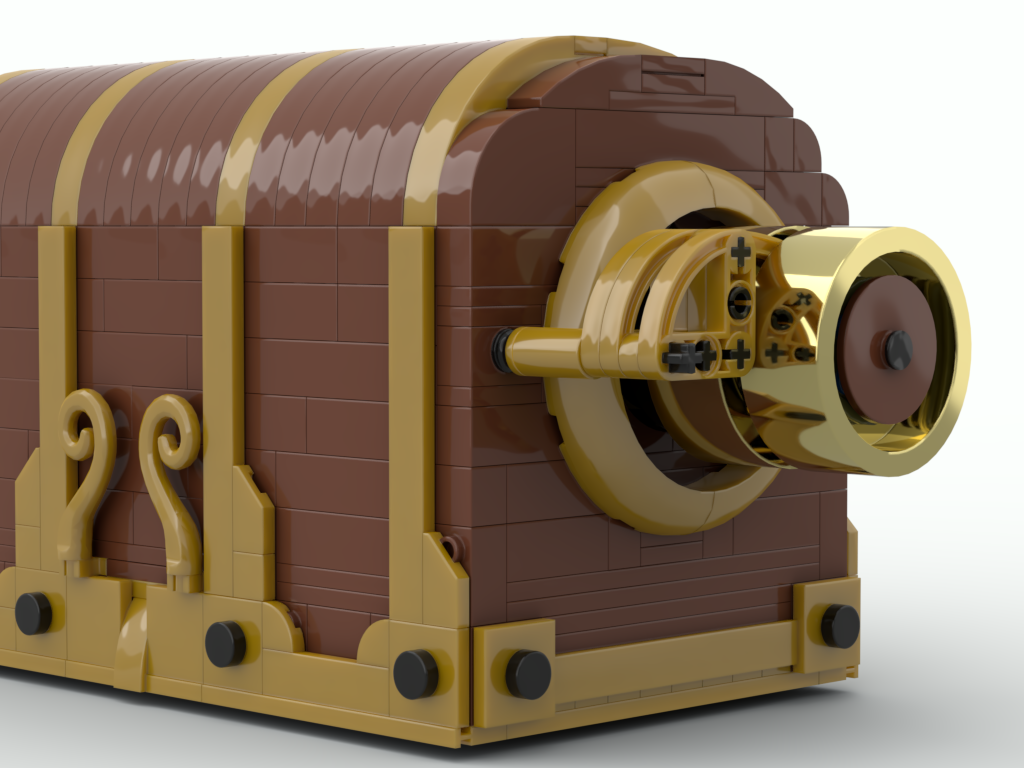

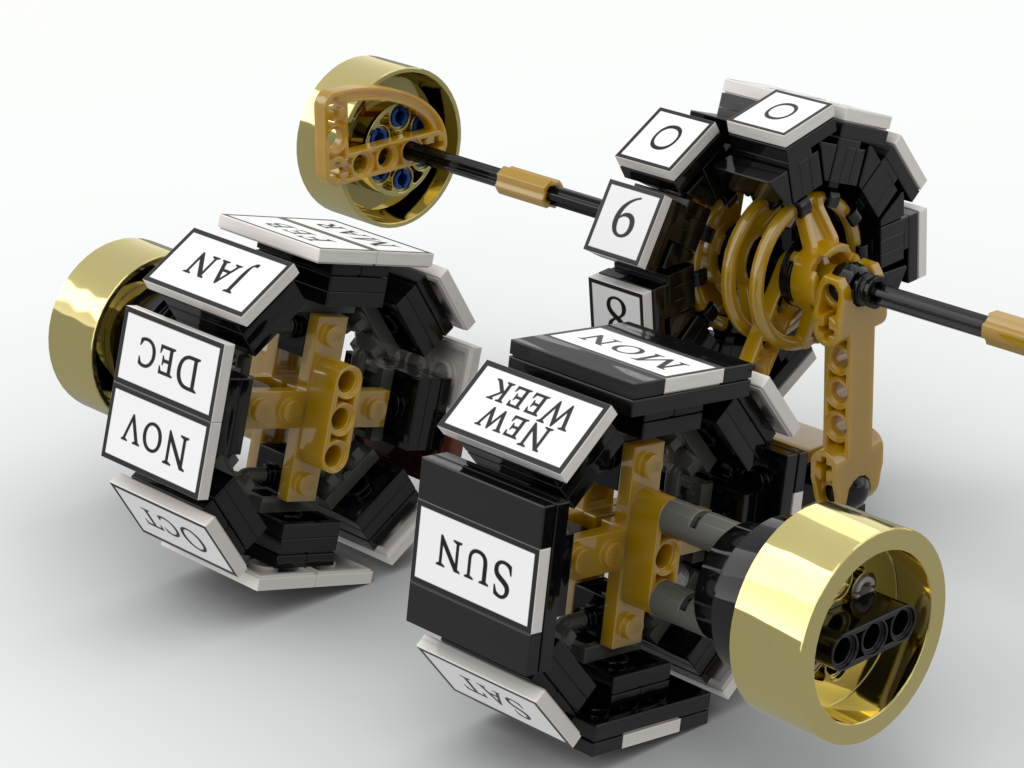
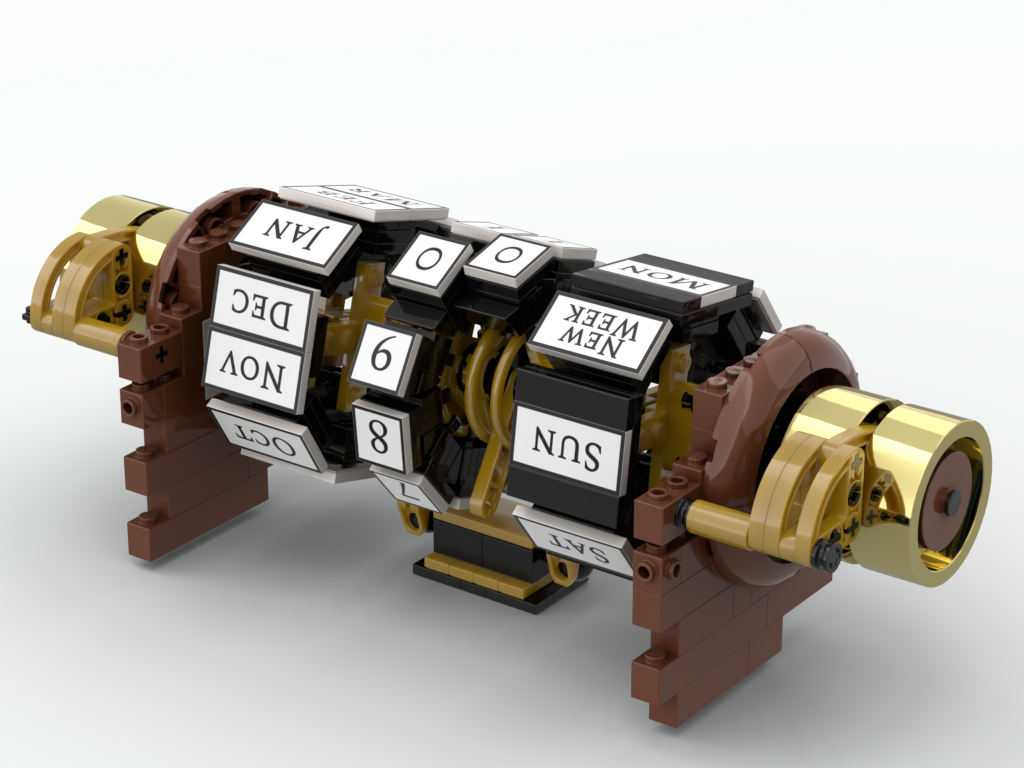
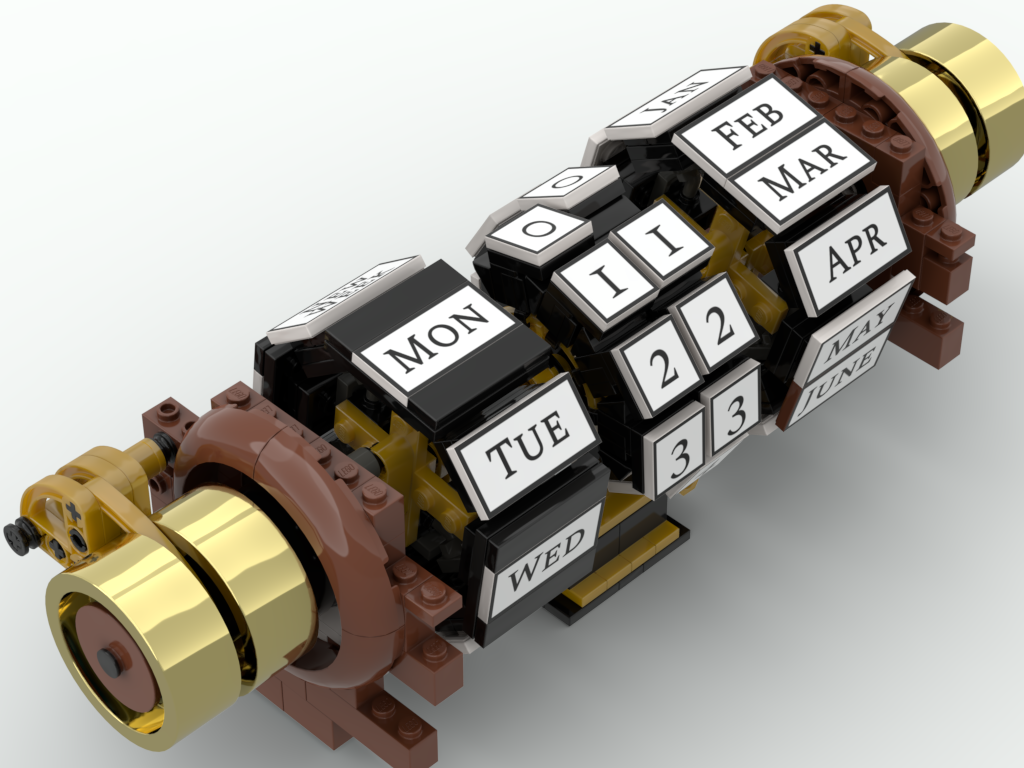
0 Comments Add a Comment?